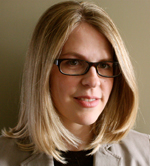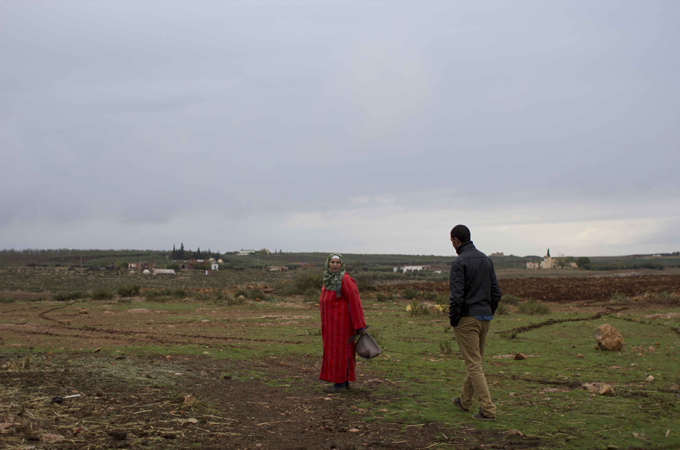Giulio Gallarotti, professor of government, professor of environmental studies, tutor in the College of Social Studies, was a guest on the McAlvany Weekly Commentary to discuss his book, The Power Curse: Influence and Illusion in World Politics. Gallarotti discusses how power creates the seeds of its own destruction. The applications are explored both in the context of geo-politics and international finance. Listen to the interview here. Gallarotti's book can be found here.
Professor of Theater Ron Jenkins is part of a growing movement urging Indonesian President Joko "Jokowi" Widodo to spare the lives of two Australian drug smugglers currently on death row in Indonesia. Their executions are scheduled for later this month. Andrew Chan and Myuran Sukumaran were part of a theater workshop Jenkins conducted at the Kerobokan Penitentiary in 2011. That workshop focused on adapting Dante's "Divine Comedy" for the stage. Jenkins is now teaching the same class at a prison in Connecticut through the Yale Divinity School. In connection with that course, on Feb. 7, Jenkins moderated a panel at the Yale Divinity School…
As controversy over the measles vaccine continues to grow, and prominent politicians weigh in with their views, Assistant Professor of Government Erika Franklin Fowler writes in The Washington Post's "Monkey Cage" blog about the dangerous consequences that politicization of vaccine issues in the news media can have on public support for vaccines in general. In an article co-authored with with Sarah Gollust '01, now an assistant professor at the University of Minnesota's School of Public Health, Fowler considers the the 2009 dust-up over mammography screening recommendations, and the 2006-07 debate over whether to require girls to get the HPV vaccine. Though neither started…
President Roth recently spoke to The Washington Post about current level of anxiety over the job-readiness of college grads, and what colleges' roles and responsibilities really are to ensure their students are prepared for the workforce. “The erosion of the middle class,” he said, “has put a lot more pressure on parents and students to make it big in the world or the consequences are dire.” Roth told the Post that he believes universities can do more to prepare students for the job market "without abandoning their traditional role to provide a broad education." He said Wesleyan is investing more in its career services.…
Writing in The Chronicle of Higher Education, Dan Berrett traces the ongoing tension in American between visions of higher education "as a vehicle for intellectual development" and as a simple tool to prepare students for jobs. Citing Wesleyan President Michael S. Roth's book, Beyond the University: Why Liberal Education Matters, Berrett shows how the debate over the value of a liberal education has evolved from the days of the Founding Fathers to W.E.B. Du bois and Booker T. Washington to today. "A farmer reading the classics or an industrial worker quoting Shakespeare was at one time an honorable character. Today’s news stories lament bartenders with…
Ron Jenkins ’64, professor of theater, published a review of Lempad of Bali: The Illuminating Line in the Jan. 19 edition of the Jakarta Post. Jenkins had high praise for the book, which contains pictures of the works of Balinese architect and artist I Gusti Nyoman Lempad. Jenkins wrote, "the aptly titled volume illuminates not only the exquisite lines of Lempad’s artwork, but also the intangible elements of Balinese identity that those lines represent." In addition to describing some of the noted works, Jenkins also commended the depth and insightfulness of the essays that accompanied each work. The essays were written by a team of…
Professor of Economics Richard Grossman spoke to China Daily about gold price fluctuations in connection with the Chinese New Year and other annual celebrations. Many in the Chinese community purchase gold jewelry and other gifts to help celebrate the holiday. "There does seem to be a seasonal element to consumer demand for gold in several countries. In China, demand increases in months leading up to the New Year. In India, it is said to increase during the holiday/wedding season, which runs from the end of September through January," said Grossman. But, he added, inflation, currency movements, and economic and political stability are "far…
Lack of entrepreneurship culture is among key challenges for Moroccan economy, security
Study found the most important determinant of price and ratings was if a cigar came from Cuba
Roth engages in public debates about the future of higher education
Tucker, Danaparamita '13 on the British Museum's loan of the Parthenon marbles to Russia
Hughes is interested in studying the regions where planets are forming



